Publishing and soft power:
Our contribution to knowledge exchange and cultural collaboration

Introduction
I am pleased to introduce this report from the Publishers Association, with insights into the soft power of UK publishing. Our world-leading publishing sector supports the government’s growth mission by making an extraordinary contribution to the UK economy and societies around the world.
Our industry is one of the country’s biggest success stories when it comes to global reach and impact. Children and students around the world use high-quality British education resources in schools and educational settings, while our publishers ensure that the UK’s world-leading academic research reaches the widest audience and has the greatest possible impact. The UK is among the top exporters of books globally. And publishing truly sits at the heart of the UK’s creative industries. Books are the basis for many of our favourite television shows, films, and theatre productions, many of which achieve international success themselves.
The power of UK publishing - in terms of its economic, cultural and societal strengths – matters now more than ever. Earlier this year the government launched the UK Soft Power Council. Since the launch, the need for the UK to harness these strengths and foster positive relationships around the globe has become even clearer.
Publishing is both a crucial export strength for the UK and a key tool of soft power. The UK’s world-leading creative industries inspire cultural exchanges with countries around the globe, as well as a having a key role in trading relationships. This report outlines the extent of the influence of UK publishing. I was particularly struck by 80% of international adults in the survey agreeing that British literature and British academic research positively contribute towards the UK’s international reputation, which was higher than both music and sport.
Publishing and soft power: Our contribution to knowledge exchange and cultural collaboration highlights the impact publishing has globally through facilitating cultural and knowledge exchange between vastly different societies – I think this is something all of the publishing industry can take pride in.

Mandy Hill
Managing Director of Academic, Cambridge University Press & Assessment
President of the Publishers Association


Executive summary
Sharing stories and knowledge shapes the societies we live in. Having access to these stories and ideas is crucial for everything from inspiring the next generation of readers, to enabling the latest cutting-edge research. Publishing facilitates this access to stories, ideas and knowledge. To better understand and quantify the global impact of the UK’s publishing industry, the Publishers Association commissioned Public First to conduct new research using public opinion polling, case study interviews, and economic modelling. The research outlined in this report demonstrates the impact that the British publishing sector has had on facilitating and fostering this essential exchange of knowledge and stories with other nations.
The research explored UK publishing’s role in advancing and supporting the UK’s global soft power from attracting people to work, study or visit the UK, to helping generate positive public perceptions of the country, both within the UK and internationally. The findings demonstrate that the UK’s publishing industry has a powerful economic impact and plays a key role in shaping how the UK is perceived globally.
Key findings from this work are:
1. UK publishing exports have significant economic and political value. The UK publishing sector generated over £6.5 billion in GVA from exports in 2023, with international demand expected to grow by 20% by 2033. The US is the largest and fastest-growing export market, with a 41% increase in book exports over five years. Meanwhile, the MENA region is emerging as a key market, with exports to Egypt nearly tripling, Israel almost doubling, and the UAE increasing by 27%.
2. British literature and academic research are integral to the UK’s international reputation. 80% of international adults who participated in the survey believe that British literature positively contributes towards the country’s international reputation, and 80% said the same about British academic research. This was higher than British music (73%), sports and athletics (72%), or business and economic influence (57%).
3. The UK’s publishing sector plays a significant role in boosting international and domestic tourism. The UK’s literary tourism market is projected to rise from £1.7 billion in 2024 to £2.1 billion by 2030 - almost a 25% increase. Over half of UK adults (51%) and of international adults (54%) participating in the study had been inspired to visit UK locations because of their connection to literature.
4. UK-made educational resources and academic publications also play a key role in attracting international talent to the UK. UK-made educational resources play a key role in drawing global talent, with 61% of international adults that participated in our study reporting they used UK textbooks growing up, and 63% saying this influenced their decision to study or work in the UK. Similarly, 68% of international students that participated in our survey cited the reputation of UK academic publications as a factor in choosing to study in the UK.
5. More broadly, British literature is a source of significant national pride. 83% of UK adults see British literature as integral to national identity. 77% take pride in the fact that the UK is one of the largest exports of books and journals worldwide, whereas 87% agree that British authors and publishers should be supported to succeed.
About this research
About Public First
Public First is a policy, research, opinion and strategy consultancy. They bring a wide range of expertise and capabilities under one roof - including in-house opinion polling, focus groups and immersive qualitative research, robust data analysis, and a deep understanding of policy and politics. Public First work with global companies, governments, start-ups, institutions and foundations around the world to tackle major public policy and strategic challenges.
About the modelling
A full methodology can be accessed below.
About the poll
Public First polled 2,009 adults in the UK for the Publishers Association, online between 7th - 13th February 2025. They also polled 680 ‘international adults’, defined as foreign-born UK residents who moved permanently to the country after the age of 18, online between 7th - 27th February 2025.
All results are weighted using Iterative Proportional Fitting, or 'Raking'. The results are weighted by interlocking age & gender, region and social grade to Nationally Representative Proportions. Public First is a member of the British Polling Council and abides by its rules.
Trade and exports
UK publishing exports have significant economic and political value. Over £6.5 billion of Gross Value Added by the publishing sector in 2023 was from exports, with international demand for UK publishing set to grow by 20% by 2033. The UK publishing industry is a key avenue for enhancing British soft power across the Atlantic. Not only is the US the UK publishing industry’s largest export market, it is also among the fastest growing. Over the past five years, industry exports to the US have grown by 41% in value, more than twice the 18% growth seen for UK publishing industry exports as a whole.
The Middle East and North Africa (MENA) is another area where the UK publishing industry is Britain’s soft power is growing. Over the past five years, books exports to Egypt have almost tripled, to Israel almost doubled and to the United Arab Emirates increased by 27%. Exports to MENA recently overtook those to Australasia for the first time.
Public First’s estimates demonstrate that in 2023, the UK publishing industry exported the equivalent of 370 million books (digital and print) around the globe. Based on recent growth rates, this will rise to over 410 million by 2030.


Tracy Phillips
Rights Director, Hachette
Tracy Phillips is the Group Rights Director at Hachette, leading international rights sales for some of the UK’s best-loved children’s books. With over 30 years of industry experience, she plays a key role in bringing British children’s literature to a global audience.
“We sell across the entire range of children’s publishing - from preschoolers to Young Adult fiction. . . The picture book market also remains strong and steady, with a lot of interest from international publishers. We’ve just returned from the Bologna Book Fair, where we had around 420 meetings across roughly 45 territories.
“We always bear in mind international markets when we're making our books. . . The US is probably our biggest market, but countries like France, Germany, Spain, and Italy continue to buy regularly. Asia is also a major market for us.
“Broadly, in the publishing market, I think the UK is seen as a very creative, innovative, and high quality place from which ideas originate . . . we are recognised for having real intellectual rigour behind our work, whether it’s through journals or the British Council. . . And obviously, we have a raft of top authors and illustrators who are winning awards, which is something that’s always recognised and valued by foreign publishers.”
The UK’s international reputation
British literature and academic research are integral to the UK’s international reputation. A third (36%) of international adults who participated in Public First’s survey report that their first introduction to British culture was through a British book or textbook; demonstrating how pervasive British publishing exports are around the world. 80% of international adults who participated in the survey believe that British literature positively contributes towards the country’s international reputation, and 80% said the same about British academic research. This was higher than music (73%), sports and athletics (72%), or business and economic influence (57%).
Meanwhile, almost two thirds (63%) of UK adults believe that the UK would not have the international influence it does today without the impact of British literature. 63% of international adults who participated in the survey said the same thing. When asked how British literature influenced their opinion of the UK, the majority of international adults in the study agreed that British literature shaped their view of the UK as progressive (67%), culturally rich (72%), and globally influential (70%). 47% of international adults in the study said one or more of their favourite books was by a British author, with JK Rowling, Jane Austen, and Agatha Christie amongst the most frequently cited examples.

To what extent do you agree or diasgree with the following statements?
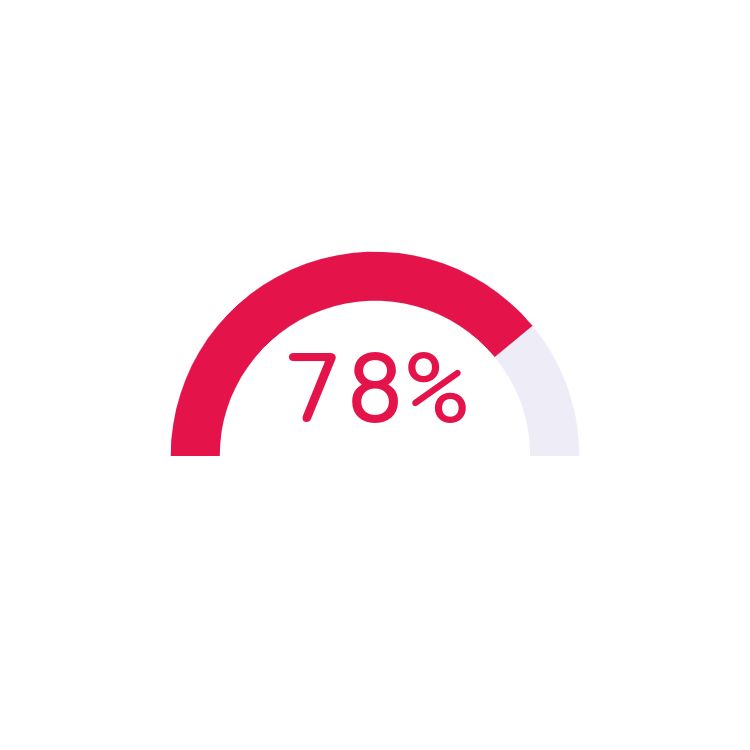
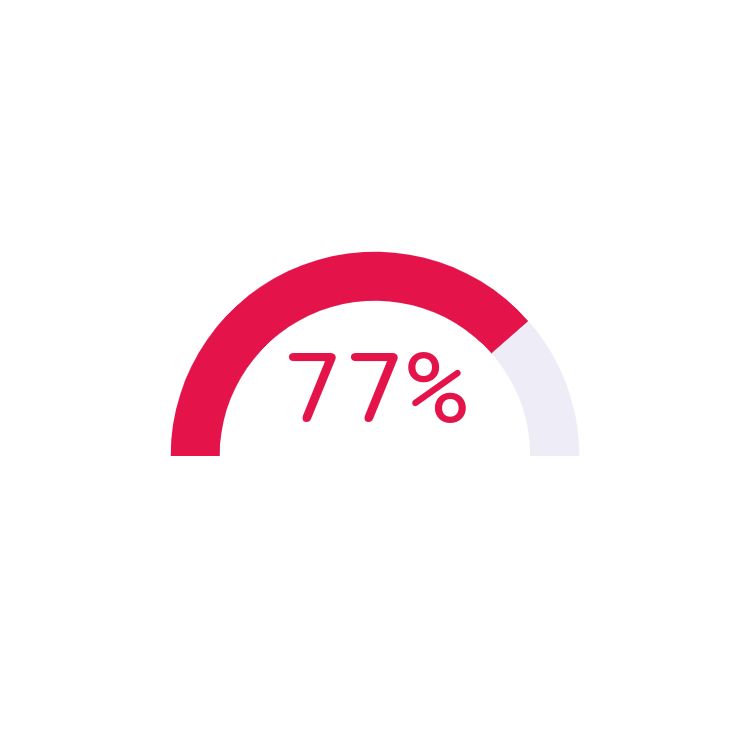
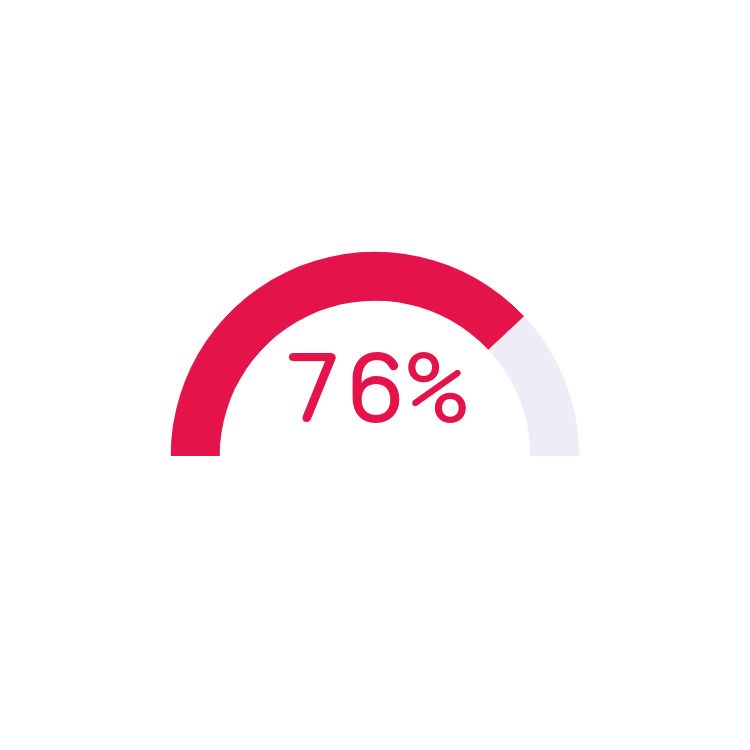
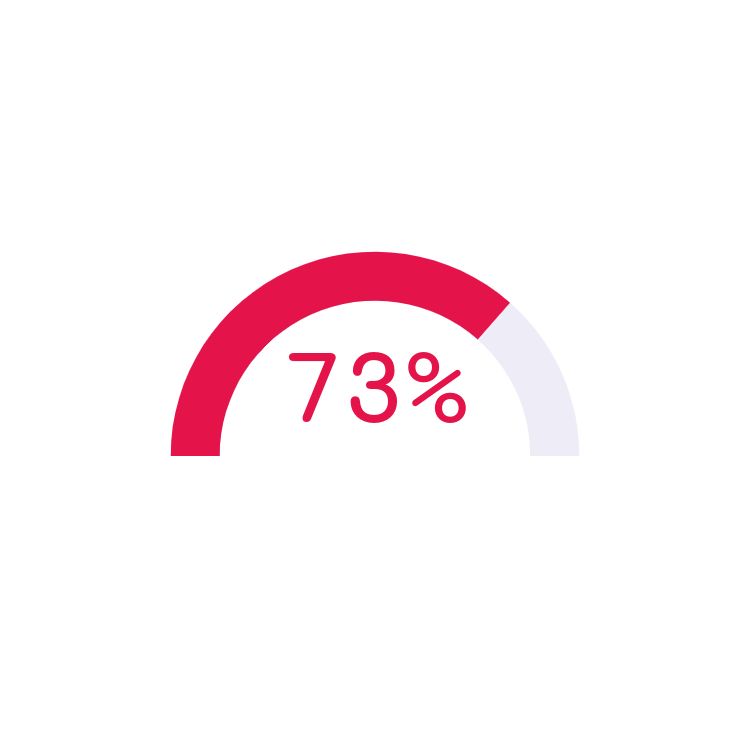
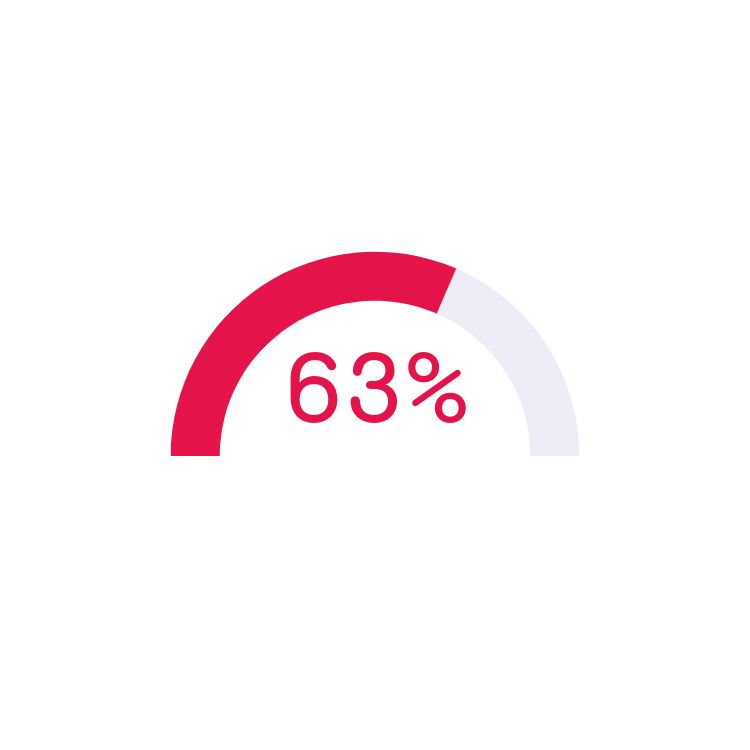
of survey respondents agreed that British literature should be a bigger part of how the UK promotes itself internationally.
of survey respondents agreed that British literature has helped to build the UK's repuation as a global tourist destination.
of survey respondents agreed that British literature has enhanced the reputation of the UK as a global hub of creativity and innovation.
of survey respondents agreed that international tourists visit the UK after reading about it in stories or literature.
of survey respondents agreed that the UK would not have international influence it does today without the impact of British literature.

Alison Hutchison
International Student
Alison Hutchison, originally from Connecticut, USA, is currently pursuing a Creative Writing MFA at the University of St Andrews. A lifelong lover of British literature, she was drawn to study in the UK by its rich literary history, which has shaped her academic journey and aspirations as a writer.
“Books have always been something that I love. As a kid, I was obsessed with Harry Potter—I would get each new book the moment it came out and tear through it in days. In high school, I took a British literature class which I really loved, reading novels by Jane Austen and Thomas Hardy, and poetry like Beowulf.
"Later, I had the chance to study abroad in the UK while at Yale. I took a course on Victorian literature and British playwrights, and we visited places like York and the Lake District, bringing the literary world I loved to life. Now, when I look at my bookshelf, half of it is filled with British authors.
"Studying in the UK just felt like a natural next step. It was also incredibly special to be taught by John Burnside, the renowned Scottish poet and author, during my first year at St Andrews. He passed away last year, and I feel so lucky to have learned from him. Even in small ways, the UK is a constant presence for me —I bought a small Oxford English Dictionary that I keep in my room and use it regularly when I write.”
Education and academic materials
UK-made educational resources and academic publications also play a key role in attracting international talent to the UK. 61% of international adults in Public First’s study reported that they had used UK-made educational resources (e.g. dictionaries and textbooks) when growing up. Of this group, 63% said it influenced their decision to work and/or study in the UK. 68% of the international students Public First surveyed reported that the global reputation of UK-based academic publications was an important factor for their decision to study in the UK. 82% of the international adults in Public First’s study placed the UK among the top 5 most influential countries globally for academic research.


Dr Madhuri Agarwal
International Academic
Dr Madhuri Agarwal, originally from India, moved to the UK in 2021 after completing her PhD in Economics. Drawn by the UK’s reputation for high-quality academic research, she now works at Oxford University focusing on education policy in developing countries.
"One of my biggest motivations for moving to the UK was gaining access to its well-reputed academic research and institutions. During my PhD, which I completed through the Erasmus programme at universities in Germany and Portugal, I focused on education quality in developing countries, particularly India. That research shaped my interest in education policy, which I now explore in my work at the University of Oxford.
"In my current work, I consume a lot of academic research from British journals—publications from Oxford University Press, Cambridge University Press, Springer Nature, and Taylor & Francis. The Quarterly Journal of Economics is one of the most respected in my field, and I hope to publish in similar journals. Compared to other countries, British academic publishing is known as very rigorous and high quality, with high regard to research integrity.
"Right now, I’m working on a paper examining the impact of increased access to education on domestic violence against women in India, which I’m preparing for submission. It’s an exciting project, and I’m optimistic about getting it published in a high-impact journal. While the process takes time, I’m eager to contribute to the broader academic conversation on education and development.”
Tourism
The UK’s publishing sector plays a significant role in boosting international and domestic tourism. Visiting places brings stories to life. It’s clear that people are keen to visit the locations associated with their favourite stories - and this trend is on the rise. Public First estimates that the total value of UK literary tourism (domestic and overseas) is forecast to grow from £1.7 billion in 2024 to £2.1 billion by 2030 – almost a 25% increase.
- The research shows that the value of domestic literary tourism stood at £1.5 billion in 2024, and will rise to £1.7 billion by 2030.
- Public First projects that the value of overseas literary tourism to the UK will rise from about £240 million in 2024 to £325 million by 2030.
A significant amount of value is derived from domestic tourism. 51% of UK adults have been inspired to visit a UK location, such as landmarks, towns, or cities, because of its connection to a work of British literature. In fact, in 2024, Public First estimates that British adults made 32 million day trips to places across the UK because of their literary connection. Public First expects this to rise to 34 million trips per year by 2030. When asked which literary hotspot they had visited, UK adults said Shakespeare’s birthplace in Stratford-Upon-Avon (30%), The British Library in London (21%), and Platform 9 ¾ at Kings Cross Station in London (20%). Meanwhile, 54% of international adults in our study said they had been inspired to visit UK locations, such as landmarks, towns, or cities, because of its connection to a work of British literature.




Andrea and Francesca Granier – International tourists
Andrea Granier and his daughter Francesca are from Rome, Italy. The pair share a lifelong love of British literature, bonding over books and literary-themed trips to the UK.
"My wife was passionate about the Arthurian legends, so in the early 90s we travelled across the UK visiting places like Tintagel and Glastonbury. On a later trip, we explored Stratford-upon-Avon for Shakespeare and even went as far north as Hadrian’s Wall. What fascinates me most is how you can still recognize the places you read about in books written hundreds of years ago.” – Andrea
“I started reading British literature as a child—Jane Austen was my favourite—and later I discovered Tolkien and C.S. Lewis. On one of our family trips to the UK, we visited Oxford to see where Tolkien taught, explored London’s literary landmarks, and went to Bath, where I remember feeling like I had stepped straight into an Austen novel—it was frozen in time, exactly as I had imagined it from the books. [...] Literature is what has always drawn me to the UK. In different points of my life, I have had different love interests of British literature. In the future, it's my wish to go to see the places that inspired books like Wuthering Heights.” – Francesca

Kathryn Davis
Managing Director, Visit West
Kathryn Davis is the Managing Director of Visit West, overseeing tourism strategy for Bath, Bristol, and the surrounding region. She has seen firsthand how literary tourism has become a major draw for Bath, strengthening its economy and global reputation.
"Jane Austen is the most popular literary draw to Bath, especially with the 250th anniversary of her birth this year. We’ve leaned in really heavily to the occasion, and it’s been great to see venues in Bath come together. There are specialist exhibitions; the Jane Austen Centre, which is an experience-based attraction; and, of course the Jane Austen Festival, which happens every year and has been growing.
"Literary tourism is part of the visitor economy—there’s real entrepreneurial spirit around it, and it brings in both domestic and international visitors. Hotels are putting on special events and themed afternoon teas, and there are multiple Jane Austen balls planned for this year alone.
“What’s been particularly interesting is the impact of Bridgerton—the series was filmed in Bath and the Bridgerton novels are now being sold in places that also sell Austen merchandise. Bridgerton has provided a gateway to younger audiences, and the Jane Austen Festival and the Jane Austen Centre have both noticed a shift—visitors feel noticeably younger and more diverse, which is a promising sign for the future of literary tourism in Bath."
National pride
British literature is a source of significant national pride. The British public feel a strong sense of attachment to the UK’s publishing sector, with a clear majority of UK adults (83%) agreeing that British literature is an important part of the UK’s national identity.
Indeed, 58% of UK adults would say that reading is one of their hobbies (albeit with a significant gender split of 49% of men vs 68% of women). 48% of UK adults reported reading for fun for more than 5 hours a week. 76% of UK adults believe that British literature positively represents the UK’s culture and values to international audiences. 77% are proud that the UK is one of the largest exporters of books and journals worldwide and 75% of UK adults say they are proud of the international recognition received by British books and journals. 87% of UK adults agreed with the statement “we should support British authors and publishers to succeed.”
When we asked what books UK adults would recommend to someone who doesn’t know a lot about the UK, the most frequently mentioned books included: Harry Potter, Pride and Prejudice, Sherlock Holmes, and Great Expectations.
The word cloud shows which books and authors were mentioned, with the largest words representing the most frequent answers.
Conclusion
Publishing brings ideas and stories to life and allows for the exchange of knowledge between different societies and people. The research in this report demonstrates the cultural heft of the UK’s publishing industry – and the role it plays in helping to inspire people to think and act positively about the UK for business, work, study or tourism. Ultimately, our publishing industry is among the sectors which contribute to the UK’s international reputation and generates a sense of national pride in British people.

Methodology
To estimate the future value of publishing exports and gauge trends in exports to different regions, Public First drew on data from the Publishers Association’s Industry Insights 2023 publication. This includes data on the publishing industry collated by Nielsen.
To estimate the value of literary tourism to the UK economy, Public First separately calculated the impacts of domestic and overseas literary tourism. Estimates of the value of domestic literary tourism drew on findings from Public First’s consumer survey on the number of literary sites visited because of their association with literature. They then drew on Visit Britain data on average day trip expenditure to estimate associated spending.
For overseas literary tourism, Public First drew on Visit Britain data on the number of international trips involving visiting literary, music, TV and film locations, and average day trip expenditure for overseas tourists.
Forecasts for both exports and tourism assume a continuation of recent growth trends.
Media credits
- Platform 9 and 3/4 by Sarah Ehlers on Unsplash
- Jane Austen's house by Gordie Jackson on Unsplash
- London Book Fair video by Publishers Association
- Agatha Christie books by Giovana Miketen on Unsplash
- World Book Day in South Africa by Cambridge University Press & Assesment
- Bath photo by Kirsten Drew; Edinburgh by Jim Divine on Unsplash; Lake District by Jean-JacquestheCamera on pixabay
- Bodleian Library by Ben Seymour on Unsplash
- British Library by Euronewsweek Media on Unsplash
- Case study pictures supplied by subjects








